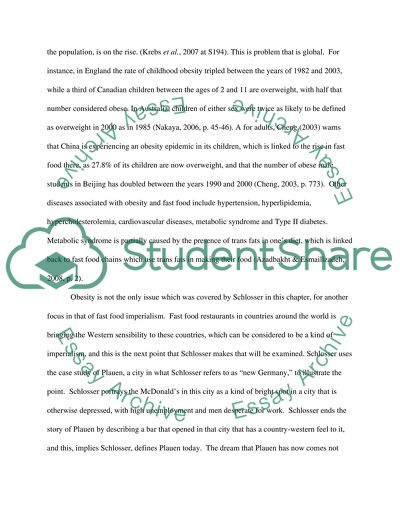Cite this document
(“Critical Eric Schlosser (2002) Fast food nation what the all america Essay”, n.d.)
Retrieved from https://studentshare.org/literature/1428806-critical-eric-schlosser
Retrieved from https://studentshare.org/literature/1428806-critical-eric-schlosser
(Critical Eric Schlosser (2002) Fast Food Nation What the All America Essay)
https://studentshare.org/literature/1428806-critical-eric-schlosser.
https://studentshare.org/literature/1428806-critical-eric-schlosser.
“Critical Eric Schlosser (2002) Fast Food Nation What the All America Essay”, n.d. https://studentshare.org/literature/1428806-critical-eric-schlosser.


